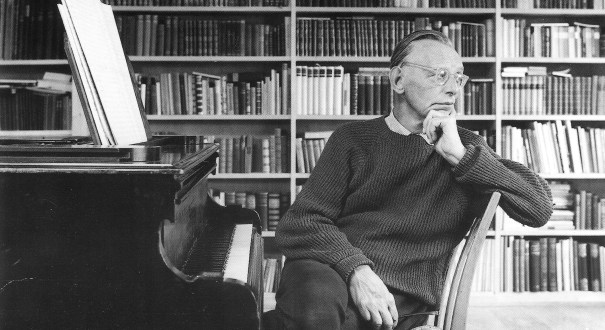Carl Orff, a German composer, is best known for his masterpiece “Carmina Burana,” but his contributions to music extend far beyond this iconic work. Delve into the life and legacy of this influential composer with these 10 intriguing facts:
- Early Musical Beginnings: Carl Orff was born on July 10, 1895, in Munich, Germany. He showed an aptitude for music at a young age, receiving his first piano lessons at just five years old.
- Innovative Educator: Orff developed an innovative approach to music education known as the Orff Schulwerk. This method emphasizes rhythmic and percussive elements, often using simple instruments like xylophones and hand drums, making music accessible to children.
- Fascination with Folklore: Orff had a deep fascination with folklore and ancient texts, which greatly influenced his compositions. He often drew inspiration from medieval poetry, mythology, and folk songs.
- Carmina Burana: Arguably Orff’s most famous work, “Carmina Burana” premiered in 1937. Based on a collection of medieval poems, it features powerful choruses, rhythmic intensity, and captivating melodies. The piece remains a staple of the classical repertoire.
- Nazi Era: Despite living and working in Germany during the Nazi regime, Orff managed to navigate the political landscape without fully aligning himself with the regime. His music, including “Carmina Burana,” was performed and praised by Nazi officials, yet Orff maintained a certain degree of independence.
- Post-War Reputation: After World War II, Orff’s reputation as a composer suffered due to his perceived association with the Nazi regime. However, he continued to compose and teach, eventually reclaiming his status as one of Germany’s foremost composers.
- Operatic Works: In addition to “Carmina Burana,” Orff composed several operas, including “Der Mond” (The Moon) and “Die Kluge” (The Wise Woman). His operatic style is characterized by its simplicity, directness, and incorporation of folk elements.
- Collaborative Efforts: Orff collaborated with various artists and performers throughout his career, including choreographers, directors, and musicians. His collaborations often resulted in innovative multimedia productions that pushed the boundaries of traditional music performance.
- Legacy of Influence: Orff’s impact extends beyond his compositions; his educational methods have influenced music education worldwide. The Orff Schulwerk approach is widely used in schools and music programs, emphasizing creativity, improvisation, and ensemble playing.
- Lasting Influence: Carl Orff passed away on March 29, 1982, but his legacy endures through his music, educational philosophy, and continued performances of his works. His innovative spirit and dedication to music education continue to inspire generations of musicians and educators worldwide.
Carl Orff’s contributions to music and education are profound, leaving an indelible mark on both the classical music world and music education. Through his compositions and pedagogical methods, he continues to inspire creativity and passion for music in people of all ages.


Comments are closed